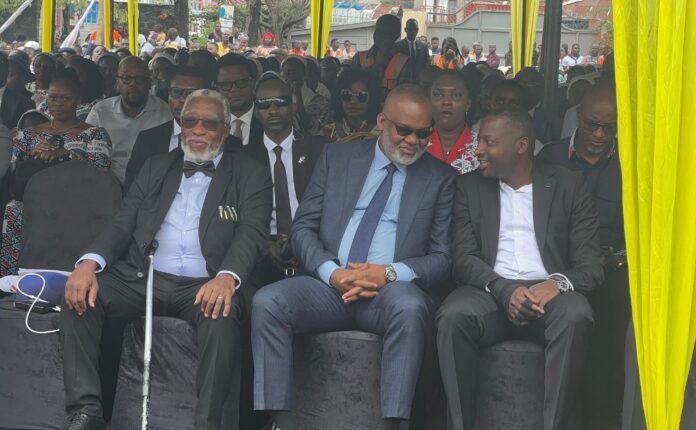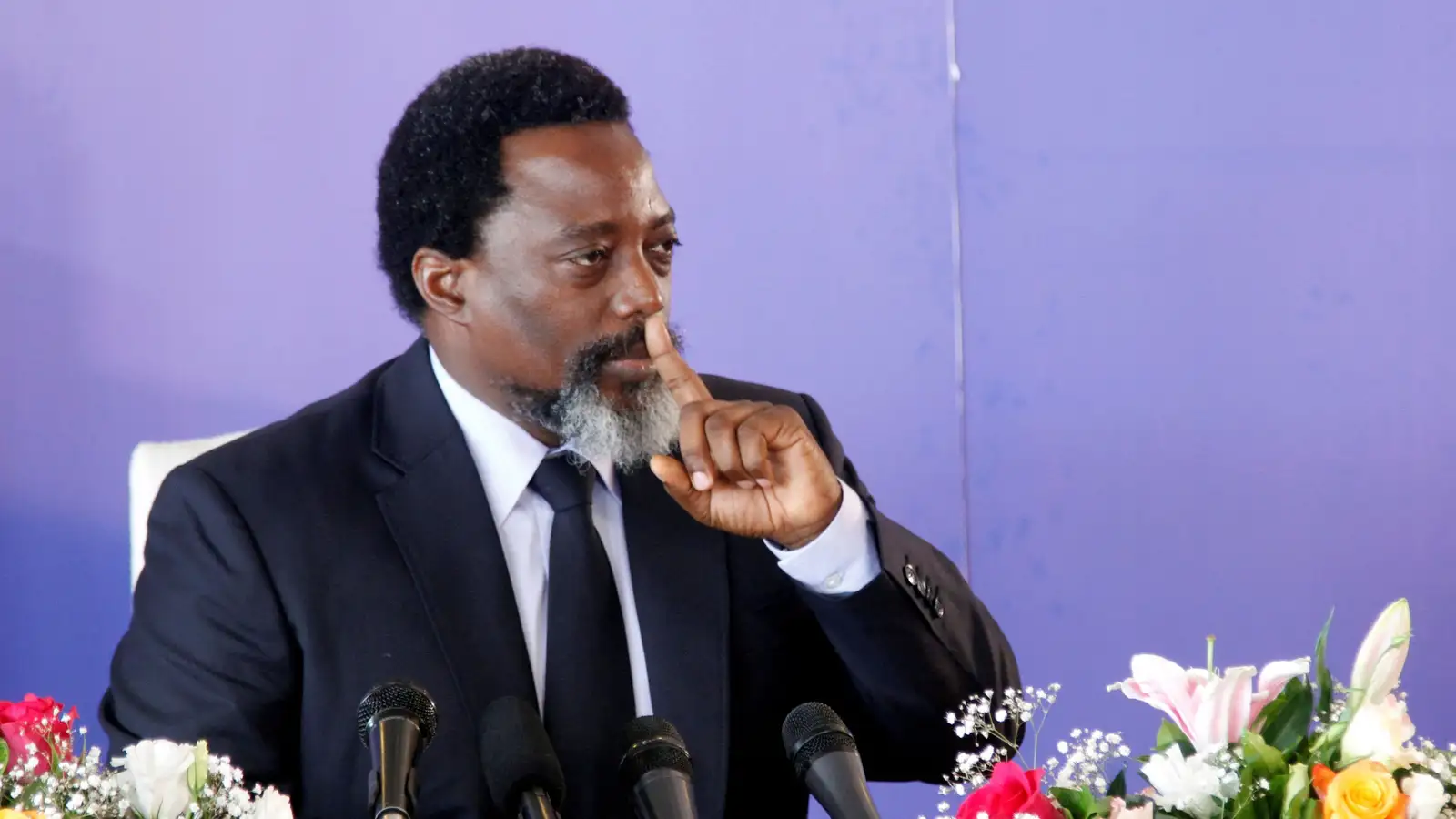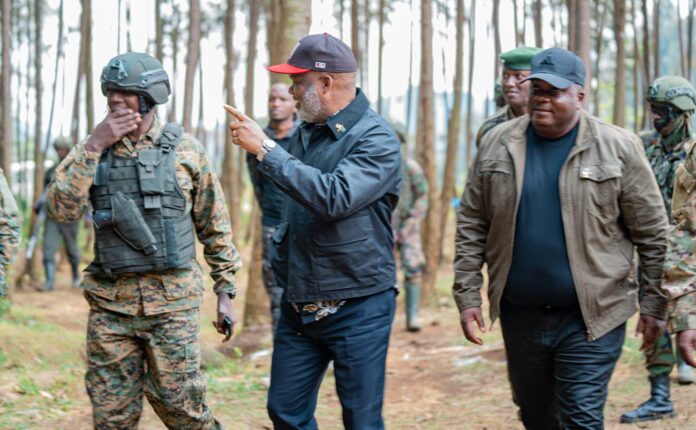As critical voices continue to rise against the March 23 Movement (M23) and its political and military wing, the Alliance for Change (AFC), the movement group is eager to clarify its position and reaffirm what it calls a “mission to defend and protect the Congolese people.”
Note: Company, Blog, Church websites are free.
In a statement sent to the press, M23/AFC denounces what it describes as “baseless allegations” spread by some national and international organizations. According to the movement, these accusations are attempts to delegitimize a force it sees as deeply rooted in popular demands.
“Unlike theories based purely on speculation and partisan judgment, we present concrete principles and facts that confirm M23/AFC is truly a providence for the people,” the official statement declares.
M23/AFC claims that its presence on the ground is motivated by a will to ensure the safety of civilians in a region long neglected by the central government. The group asserts that areas under its control are experiencing relative calm, a revival of economic activity, and improved local governance.
“Our essence is the defense and protection of the population. Wherever we are present, we put an end to abuses, facilitate access to healthcare, and restore a form of order,” the statement continues.
These claims, however, stand in stark contrast to reports from several NGOs and UN agencies accusing M23/AFC of committing abuses against civilians, forcibly displacing communities, and illegally exploiting natural resources. For these organizations, the group represents a threat to the stability of the Great Lakes region.
“We are being demonized because we dared to challenge a system that failed to meet the basic needs of Eastern Congolese. Our demands are legitimate, our commitment is deep, and our struggle is that of a forgotten people,” the statement concludes.
As tensions remain high in Eastern DRC, the issue of M23/AFC continues to be a major point in ongoing peace talks. While the movement claims to be open to dialogue, it conditions its participation on the recognition of its role on the ground and the consideration of grievances it has expressed for years.
In a region marked by decades of conflict and unfulfilled promises, the voice of M23/AFC continues to polarize opinions between hope for renewal and fear of further entrenchment.



